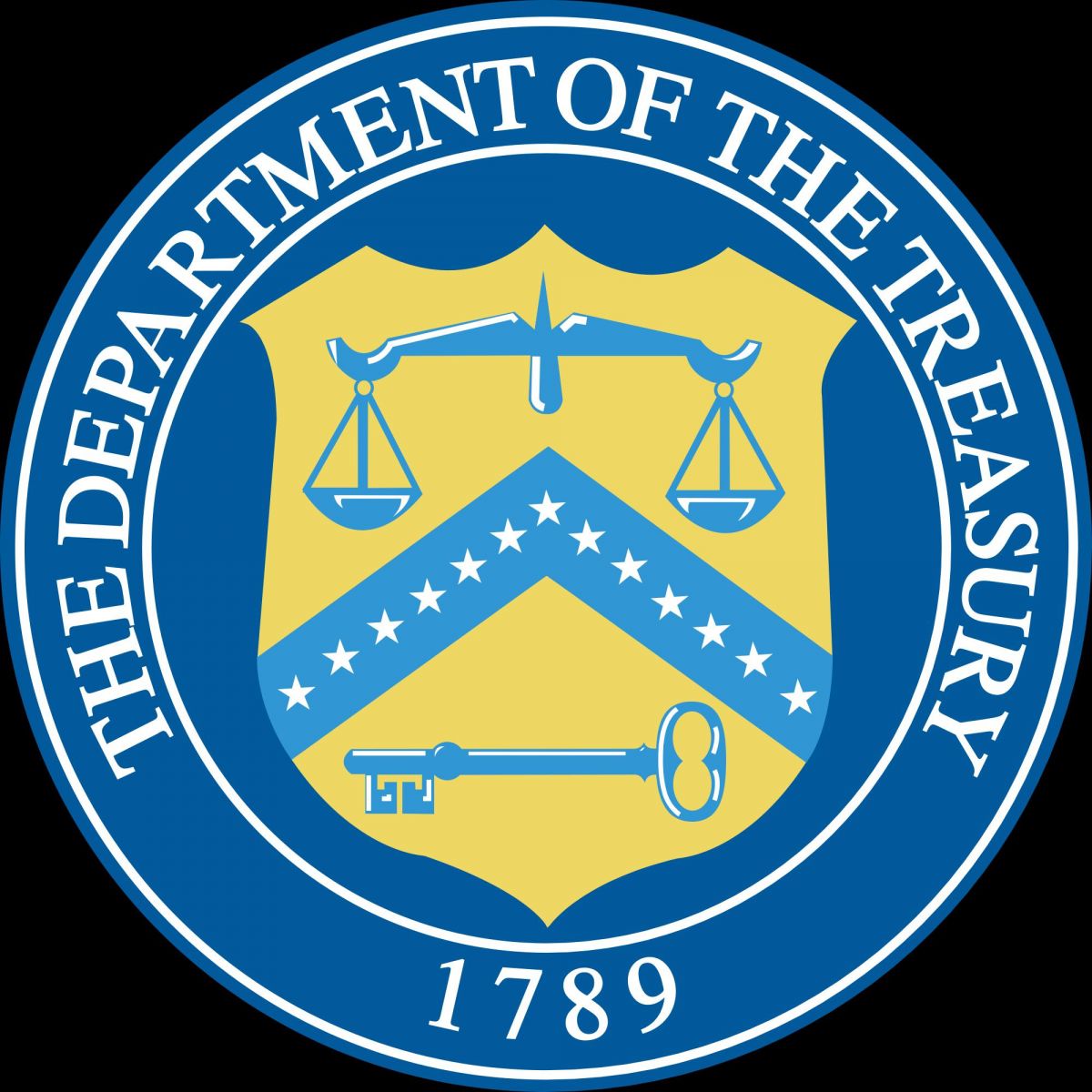Uncategorised
US Treasury releases next report on principles of financial regulation

The US Department of the Treasury has come up with plans to streamline and reform the US regulatory system for the capital markets. One proposal is to raise the cap for crowdfuding.
The Treasury’s evaluation of current capital market regulations
was done in response to President Trump's Executive Order 13772
of 3rd February, which calls on the department to earmark
laws and regulations that clash with the president's "core
principles of financial regulation."
Steven Mnuchin, the head of the Treasury, is keen to speed up US
economic growth and capital formation and sees these reforms as
essential for that purpose. According to the report, the number
of publicly traded companies in the United States has almost
halved over the last 20 years. In the report, the Treasury
proposes to streamline disclosure requirements to reduce costs
for companies while still providing investors with the
information they need to make informed decisions about
investments. It also wants to tailor its rules about disclosure
and other requirements for companies that are going public
according to their size and to 're-examining' the JOBS
Act.
The report euphorically states that the world is in a 'post-crisis' situation. It goes on to say that the reforms of the Obama administration went too far in penalising the securitisation process relative to alternative, often more traditional, funding sources such as bank deposits and that this has made securitisation less attractive, exposing HNW and other retail consumers to harm. In its review of the securitization market, the Treasury found that "expanded disclosure requirements, while an important post-crisis reform, are unnecessarily burdensome and could be more appropriately tailored."
The Treasury is now on the look-out for 'regulatory overlaps' and ways of standardising the rules of the Securities and Exchange Commission and the Commodities Trading and Futures Commission; beefing up economic analysis of, and public participation in, the rulemaking process in order to make its inner workings more publicly visible; and opening up private markets to more investors through proposals to facilitate pooled investments in private or less liquid offerings, and revisit the definition of an “accredited investor”; limiting the imposition of new regulations through informal guidance, no-action letters or interpretation, instead of through notice and comment rulemaking; and a review of the worth of self-regulatory organizations (SROs), with recommendations for improvements.
In looking at the derivatives market, the Treasury thought that
there was a need for more standardised SEC and CFTC rules and a
resolution of "cross-border frictions that fragment global
markets."
The report also recommendes improvements in the way that
regulators oversee financial market utilities (FMUs), with an eye
on the avoidance of taxpayer-funded bailouts; repeal for
ss1502, 1503, 1504 and 953(b) Dodd-Frank Act; a look at
reducing the cost of securities litigation for issuers with the
goal of protecting all investors’ rights and interests; higher
amounts to be raised in a crowdfunding offering - going from US$1
million to $5 million; and a look at Basel III capital standards
to do with the derivatives market.
